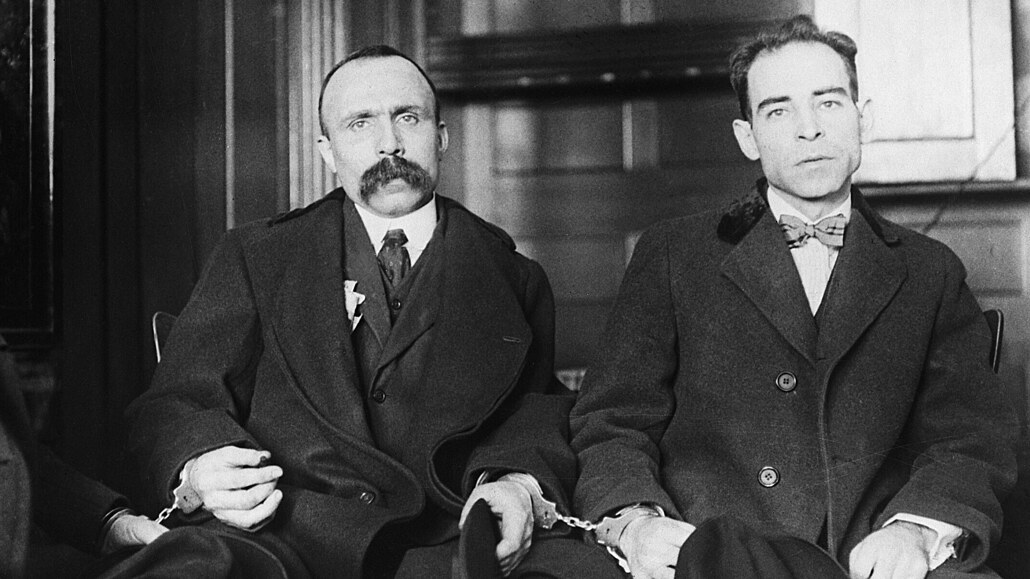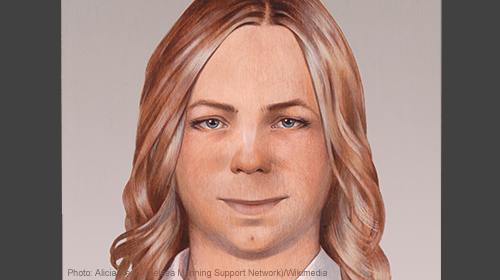Smokestack Lightning, Indeed- With Bluesman Howlin’ Wolf In Mind
Sometimes a picture really can be worth a thousand words, a thousand words and more as in the case Howlin’ Wolf doing his Midnight creep in the photograph above taken from an album of his work but nowadays with the advances in computer technology and someone’s desire to share also to be seen on sites such as YouTube where you can get a real flavor of what that mad man was about when he got his blues wanting habits on. In fact I am a little hesitate to use a bunch of words describing Howlin’ Wolf in high gear since maybe I would leave out that drop of perspiration dripping from his overworked forehead and that salted drop might be the very thing that drove him that night or describing his oneness with his harmonica because that might cause some karmic funk. So, no, I am not really going to go on and on about his midnight creep but when the big man got into high gear, when he went to a place where he sweating profusely, a little ragged in voice and eyes all shot to hell he roared for his version of the high white note. Funny, a lot of people, myself for a while included, used to think that the high white note business was strictly a jazz thing, maybe somebody like the “Prez” Lester Young or Duke’s Johnny Hodges after hours, after the paying customers had had their fill, or what they thought was all those men had in them, shutting the doors tight, putting up the tables leaving the chairs for whoever came by around dawn, grabbing a few guys from around the town as they finished their gigs and make the search, make a serious bid to blow the world to kingdom come.
Some nights they were on fire as they blew that big note out in to some heavy air and who knows where it landed, most nights though it was just “nice try.” One night I was out in Frisco when “Saps” McCoy blew a big sexy sax right out the door of Chez Benny’s over in North Beach when North Beach was just turning away from be-bop “beat” and that high white note, I swear, blew out into the bay and who knows maybe all the way to the Japan seas. Well see we were all a little high so I don’t know about that Japan seas stuff but I sure know that brother blew that high white one somewhere out the door. But see if I had, or anybody had, thought about it for a minute jazz and the blues are cousins, cousins no question so of course Howlin’ Wolf blew out that high white note more than once, plenty including a couple of shows I caught him at later when he was not in his prime.
The photograph (and now video) that I was thinking of is one where he is practically eating the harmonica as he performs How Many More Years (and now like I say thanks to some thoughtful archivist you can go on to YouTube and see him doing his devouring act in real time and in motion, wow, and also berating “father” preacher/sinner man Son House for showing up drunk). Yes, the Wolf could blast out the blues and on this one you get a real appreciation for how serious he was as a performer and as blues representative of the highest order.
Howlin’ Wolf like his near contemporary and rival Muddy Waters, like a whole generation of black bluesmen who learned their trade at the feet of old-time country blues masters like Charley Patton, the aforementioned Son House who had had his own personal fight with the devil, Robert Johnson who allegedly sold his soul to the devil out on Highway 61 so he could get his own version of that high white note, and the like down in Mississippi or other southern places in the first half of the twentieth century. They as part and parcel of that great black migration (even as exceptional musicians they would do stints in the sweated Northern factories before hitting Maxwell Street) took the road north, or rather the river north, an amazing number from the Delta and an even more amazing number from around Clarksville in Mississippi right by that Highway 61 and headed first maybe to Memphis and then on to sweet home Chicago.
They went where the jobs were, went where the ugliness of Mister James Crow telling them sit here not there, walk here but not there, drink the water here not there, don’t look at our women under any conditions and on and on did not haunt their every move (although they would find not racial Garden of Eden in the North, last hired, first fired, squeezed in cold water flats too many to a room, harassed, but they at least has some breathing space, some room to create a little something they could call their own and not Mister’s), went where the big black migration was heading after World War I. Went also to explore a new way of presenting the blues to an urban audience in need of a faster beat, in need of getting away from the Saturday juke joint acoustic country sound with some old timey guys ripping up three chord ditties to go with that jug of Jack Flash’s homemade corn liquor (or so he, Jack Flash called it).
So they, guys like Howlin’ Wolf, Muddy Waters, Magic Slim, Johnny Shines, and James Cotton prospered by doing what Elvis did for rock and rock and Bob Dylan did for folk and pulled the hammer down on the old electric guitar and made big, big sounds that reached all the way back of the room in the Red Hat and Tip Top clubs lining the black streets of blustered America and made the max daddies and max mamas jump, make some moves. And here is where all kinds of thing got intersected, as part of all the trends in post-World War II music up to the 1960s anyway from R&B, rock and roll, electric blues and folk the edges of the music hit all the way to then small white audiences too and they howled for the blues, which spoke to some sense of their own alienation. Hell, the Beatles and more particularly the Stones lived to hear Muddy and the Wolf. The Stones even went to Mecca, to Chess Records to be at one with Muddy. And they also took lessons from Howlin’ Wolf himself on the right way to play Little Red Rooster which they had covered and made famous in the early 1960s (or infamous depending on your point of view since many radio stations including some Boston stations had banned it from the air originally).Yes, Howlin’ Wolf and that big bad harmonica and that big bad voice that howled in the night did that for a new generation, did pretty good, right.













